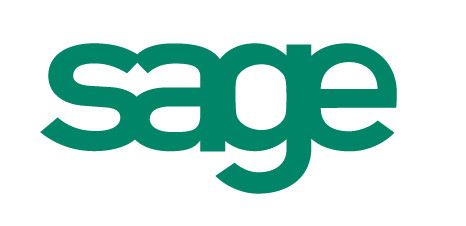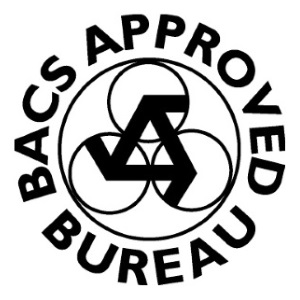Inheritance Tax and Gifts
Death and taxes are two things that nobody likes to consider, but with the right planning, you can look after your family now and help shield them from inheritance tax liability when the time comes.
Here are five simple (and legal) steps to use gifts to cut your inheritance tax liability:
- Review your spending
- Use your annual exemptions
- Make gifts to your family and friends
- Keep records
- Plan ahead!
When you are looking at inheritance tax, the first thing you should do is review your spending. For example, one of the easiest ways to start IHT planning is to establish a regular set of gifts to use the normal exemption out of income and reduce your estate.
If you are in the fortunate position to have money to give away without affecting your standard of living, you can make regular payments (monthly, annually or on specific dates) to your children’s or grandchildren’s savings accounts. You can also help out with another person’s living costs, such as a child or elderly person.
You can give away £3,000 each year outside the inheritance tax bracket, which is called your annual exemption. However, this can roll over for just one year, so you could give away £1,000 in the first year and £5,000 in the second.
You can give unlimited gifts to your spouse as long as they are resident in the UK.
Gifts from your normal income such as money for Christmas and birthdays are exempt from inheritance tax. You can give smaller handouts of up to £250 to an unlimited number of people as long as you have not used another exemption on them.
Wedding gifts are outside of your annual exemption. You can give up to £5,000 to your child, £2,500 to a grandchild £2,500 to your spouse-to-be and £1,000 to a relative or friend. The gift must be made before the wedding (and the wedding must go ahead), and both husband and wife can each make these gifts.
Larger gifts with a value above any exemptions could potentially be free of inheritance tax, as long as the donor survives seven years after the gift was made. If the person dies between three and seven years after making the gift, taper relief (a sliding scale) may apply.
Non-cash gifts may end up liable to capital gains tax. You should seek expert advice before giving shares or other securities while you are alive.
It’s never too early to start IHT planning. As long as you survive for seven years after gifts are given, the recipient will not be liable to pay inheritance tax. Especially important is record keeping. You need to keep records of what you have given, to whom and when.
As always, you should get expert advice before you make any changes to your affairs. Giving money can help your family now, but may also save your family time, paperwork and money in the future.
To get a plan in place, speak to one of our expert advisors on 0161 476 9000.












